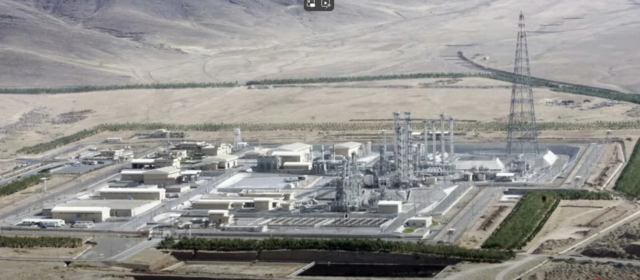By Kamal Sikder
In recent weeks, a wave of anxiety has swept across Israel following a series of coordinated attacks attributed to Iran. The assaults, which included strikes on Israeli military bases and the headquarters of Mossad and Shin Bet, have raised significant alarm among Israeli officials and citizens alike. This article explores the implications of these attacks, the concerns they have sparked within Israel, and the potential consequences for the broader region.
The Nature of the Attacks
The recent attacks from Iran have further complicated the situation. Despite assertions that most missiles were intercepted, numerous videos and accounts from the ground suggest otherwise. The sophistication and speed of Iranian missiles, particularly hypersonic variants, pose significant challenges for any missile defense system. Reports indicate substantial damage to Israeli military assets, including F-35 fighter jets, raising questions about the efficacy of Israel’s defense strategies.
Iran’s recent military actions are notable for their precision and execution. Not only did they successfully target key military installations, but they also struck Israel’s gas pipelines, disrupting critical infrastructure. The scale and success of these attacks have caused panic within Israeli society, raising questions about the effectiveness of Israel’s intelligence and defence mechanisms.
In a concerning turn of events, just before the Iranian missile attack occurred, two Palestinian fighter launched an assault in Tel Aviv, further complicating the security situation. The simultaneous nature of these attacks—coordinated between various factions, including Hezbollah in Lebanon and Houthi forces from Yemen—has intensified the complexity of the threats facing Israel.
Intelligence Failures and Concerns
The apparent lack of forewarning regarding the attacks has sparked deep concern within Israeli defence circles. The fact that neither American nor Israeli intelligence was able to detect the impending strikes raises questions about the effectiveness of their surveillance and communication networks. This failure suggests a significant gap in intelligence capabilities, prompting fears that similar or even more devastating attacks could occur in the future.
As Israel assesses its response options, it faces a dilemma. There are discussions about potential retaliatory strikes against Iranian nuclear sites, but these options are fraught with complications. The U.S. has advised against such actions, citing the ineffectiveness of previous attempts to target Iran’s nuclear facilities. American intelligence agencies have confirmed that many of these sites are located deep underground, making them virtually invulnerable to conventional airstrikes.
Possible Responses and Regional Implications
Israel’s leadership is considering various responses to these provocations. One option is a direct assault on Iran’s nuclear capabilities, but experts suggest that this could prove counterproductive. The complexity of Iran’s nuclear infrastructure, which is spread across numerous locations and often situated beneath substantial geological formations, makes successful strikes highly unlikely.
Alternatively, Israel may contemplate targeting Iran’s oil facilities. However, such actions could backfire, as Iran has the capability to retaliate by disrupting oil shipments destined for American allies in the region. A potential escalation of hostilities could have dire consequences for the global oil market, especially given the current instability stemming from the Russia-Ukraine conflict.
Hezbollah’s Growing Aggression
Adding to Israel’s woes is the increased aggression exhibited by Hezbollah. Reports indicate that Hezbollah fighters have penetrated deep into Israeli territory, engaging in confrontations that have resulted in significant Israeli military casualties. This escalation further complicates the security landscape, as Israel must now contend with threats on multiple fronts.
Hezbollah’s recent operations highlight the organization’s growing confidence and operational capability. Israeli forces have reported multiple casualties during skirmishes, leading to increased scrutiny of Israel’s defensive posture and its ability to respond to such incursions effectively.










